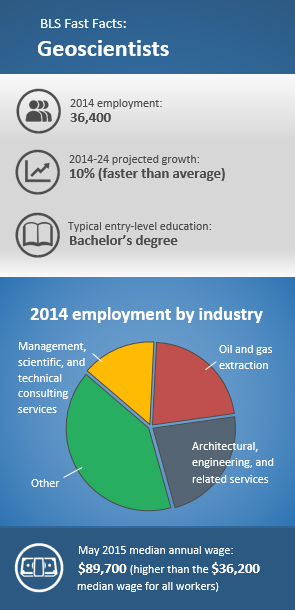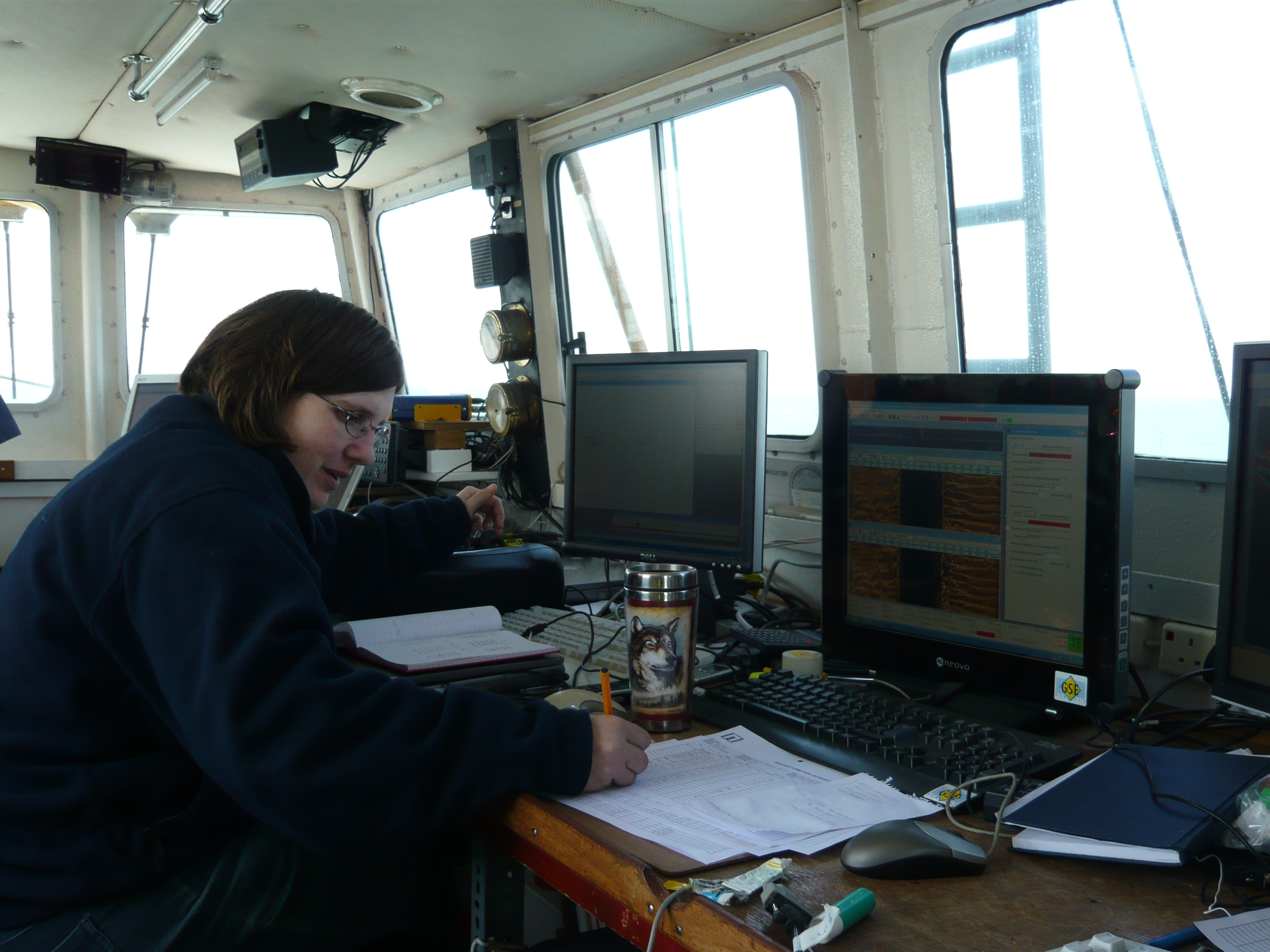All Categories
Featured
Table of Contents
Geophysical Method - An Overview in Mundaring Western Australia 2021
This work is significantly contracted out, so consultancies provide another source of work. Consultancy companies vary in size, from really little companies to big multinationals. Some consultancies are rather specialised in using specific geophysical strategies or operating in specific locations, while others use a more diverse variety of services to their consumers.
The extraction of gas from land fill websites is another location of employment and this may grow in the future. Exploration companies might carry out work for construction companies, water business, mining companies and environmental companies, so geophysicists may be used in any of these settings. Other employers consist of: geological surveysgovernment bodies and agenciesuniversities and research institutes.


Vacancies may be listed in the oil and gas sector press. Recruitment is affected by oil price changes and the level of competition for positions differs depending upon this. Careers Days, which cover the full range of geoscience careers and are usually participated in by a number of essential market employers, are run by The Geological Society.
Geophysical Engineering Undergraduate Program in Merriwa Western Australia 2022
A few of the large oil and gas companies offer a full two-year structured training program throughout the breadth of geophysics, consisting of the chance to experience work in various teams prior to specialising in one location. Your training might include work on: existing wellsmagnetic and gravitational potential field data analysisresearchrock analysis. It's more usual for your preliminary training to be provided on the task.

There may be a probationary period during which you work along with a skilled colleague. Competency-based appraisals take location regularly in many companies. In smaller firms, and for scholastic posts, there is unlikely to be any formal training - you'll be anticipated to begin work straightaway and get skills as you go along.
If you work for a smaller business, you may find that you require to take duty for organizing and funding your own development and training. If you have a geology degree, membership of The Geological Society can be useful for networking and for keeping up to date with the industry.
About Environmental Geophysics in Mt Helena Oz 2022
You might likewise find it helpful to sign up with the PESGB (The Petroleum Exploration Society of Great Britain, which has a geophysics special interest group. After a probationary duration, and when you have actually gained some experience, you might advance to senior geophysicist, then team leader and after that into a senior function in management.
The ease of motion in between roles depends upon the business structure. Study at Masters or Ph, D level in a subject related to geophysics or geosciences might aid with your profession advancement and development. The work market within the oil and gas market is really depending on rate and this might impact your chances for career progression.
For experienced geophysicists, freelance consultancy provides an excellent path for profession advancement. As a geophysicist, you're likely to have several tasks throughout your working life.
What's The Difference Between A Geotechnical And ... in Wellard Western Australia 2020
From geophysics, it's possible to concentrate on seismology (finishing more training to end up being a seismic interpreter) or to move into related areas such as engineering geology or threat forecast.
Deciding what to study in college is a hard option. Even if you understand that your field of interest lies in science, what program of research study is right for you? If you make the decision to major in physical and life sciences and pursue a career as a geophysicist, you're getting ready for an exciting and profitable occupation.
The very first action to attaining your objective of becoming a geophysicist is making a degree. Even for entry-level positions in the field of geoscience, you'll need a bachelor's degree (a geophysicist college degree) from an accredited college or university. Geophysicists should be able to: examine rocks, photos, and other pieces of data conduct research both in the field and in labs produce maps and charts of their findings write reports To achieve all this, students require a specialized education for geophysicist careers.
As stated above, you'll require a bachelor's degree in geoscience or an associated discipline, such as a physical science or a natural science, to land an entry-level task. Trainees can likewise prepare by majoring in subjects like: Biology Chemistry Computer system science Engineering Mathematics Physics The above geophysicist majors provide a more generalized method to a single clinical discipline, but many programs need trainees to take one or more geology course.
Table of Contents
Latest Posts
How To Become A Geophysicist in Mount Claremont Oz 2023
Geophysical Survey Next Step In Carbon Storage Study in Brookdale Western Australia 2023
Geophysical Investigations in Calista Western Australia 2022
More
Latest Posts
How To Become A Geophysicist in Mount Claremont Oz 2023
Geophysical Survey Next Step In Carbon Storage Study in Brookdale Western Australia 2023
Geophysical Investigations in Calista Western Australia 2022